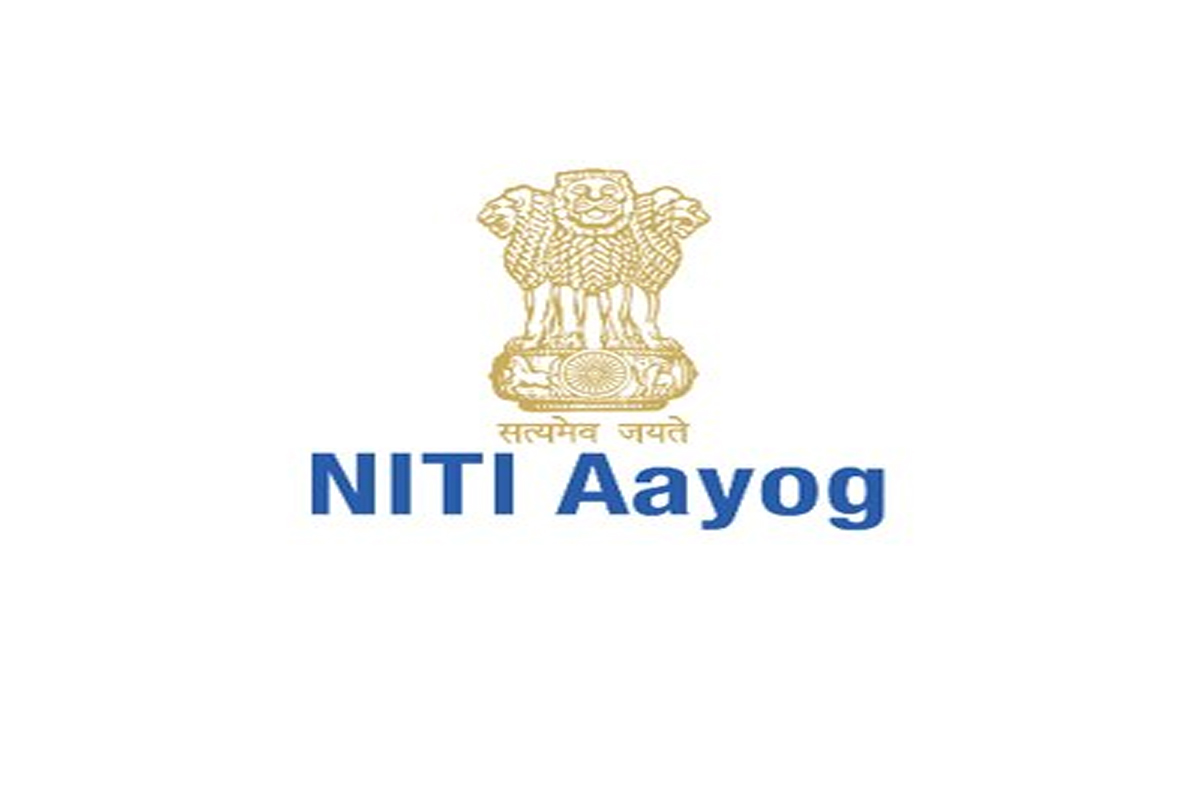India reaffirms its commitment to global pharmaceutical standardisation and regulatory convergence
India on Wednesday reaffirmed its commitment to global pharmaceutical standardisation and regulatory convergence.
Suggesting measures to ramp up the urban planning capacity in the country, the report says by 2027, India will surpass China as the most populous country in the world.

Photo: X (@NITIAayog)
India is home to 11 per cent of the total global urban population; urban planning can provide the foundation for integrated development of cities, citizens, and the environment.
This is brought out in the “Reforms in Urban Planning Capacity in India” report, released by Niti Aayog today.
Advertisement
Suggesting measures to ramp up the urban planning capacity in the country, the report says by 2027, India will surpass China as the most populous country in the world.
Advertisement
Unplanned urbanization, however, will exert great strain on Indian cities, the report said. There is a compelling need to plug the gaps in urban planning capacity in the country, else a huge opportunity for rapid, sustainable and equitable growth will be at risk of being missed,
Prepared in consultation with concerned Ministries and eminent experts in the domain of urban and regional planning, the report presents a condensed outcome of extensive deliberations over a period of nine months.
The report said the need for planning and management of the cities has been exposed by Covid-19. Unfortunately, the subject has not received due attention so far. The existing urban planning and governance framework is complex, which often leads to ambiguity and lack of accountability, the report said.
Every city must aspire to become a ‘Healthy City for All’ by 2030. The report recommends a Central Sector Scheme ‘500 Healthy Cities Programme’, for a period of five years, wherein priority cities and towns would be selected jointly by the states and local bodies.
All cities and towns under the proposed ‘Healthy Cities Programme’ should strengthen development control regulations based on scientific evidence to maximize the efficiency of urban land, the report said.
To combat the shortage of urban planners in the public sector, the report recommends that the states and UTs need to expedite the filling up of vacant positions of town planners, and additionally sanction 8268 town planners’ posts as lateral entry positions for a minimum period of three years and a maximum of five years to meet the gaps, the report said.
Most states have enacted the Town and Country Planning Acts, that enable them to prepare and notify master plans for implementation. However, many need to be reviewed and upgraded, the report said.
Therefore, the formation of an apex committee at the state level is recommended to undertake a regular review of planning legislation, the report said.
While it is important to maintain the master plans’ technical rigour, it is equally important to demystify them for enabling citizens’ participation at relevant stages. The report recommends a ‘Citizen Outreach Campaign’ for demystifying urban planning.
Advertisement